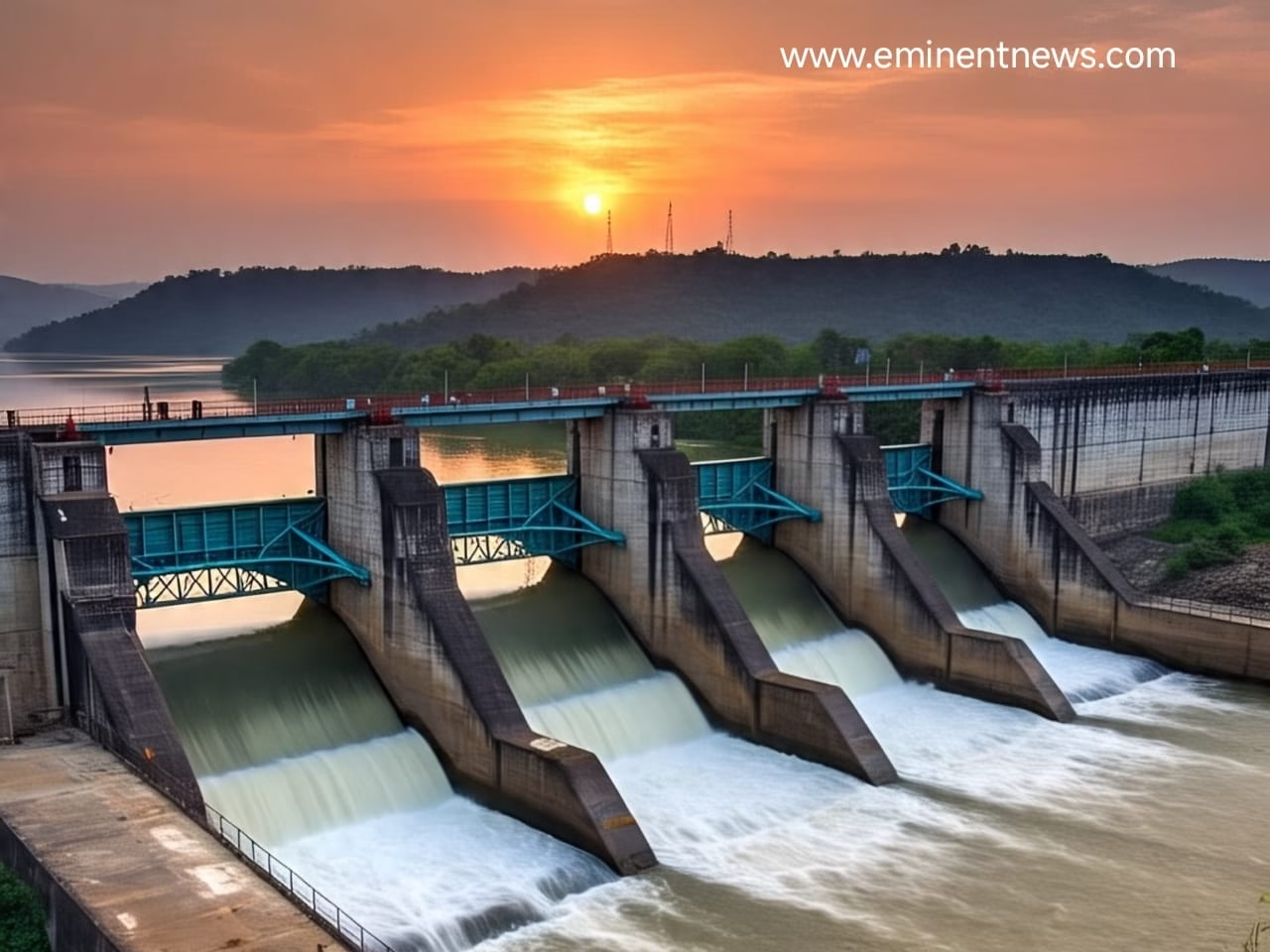The Tulbul Project, also known as the Wular Barrage project, is a source of ongoing controversy between India and Pakistan . It involves the construction of a barrage on the Jhelum River at the mouth of Wular Lake in Jammu and Kashmir .
Here’s a breakdown of the key aspects of the controversy:
- Project Details: The project aims to regulate the water levels of the Jhelum River during the lean season (October to February) to facilitate year-round navigation and improve power generation at downstream hydroelectric projects . The original plan included a 439-foot-long and 40-foot-wide barrage with a navigation lock .
- Pakistani Objections: Pakistan has consistently opposed the project, raising concerns that it violates the Indus Waters Treaty (IWT) . Pakistan fears that the barrage could be used to store water and potentially be used as a weapon by India during hostilities, either by withholding water or releasing excess water to cause floods . They also worry it may damage their triple-canal project linking Jhelum and Chenab .
- Indian Perspective: India maintains that the project is permissible under the IWT because it is for non-consumptive use (navigation) and does not involve storing water beyond what is allowed by the treaty . India argues that the project would stabilize water levels and benefit both countries by ensuring a constant flow of water, which would also help Pakistan’s Mangla Dam-fed Hydel Power Project , which is a valid point ..
- History of the Dispute:
- The project was initially started in 1984 but was halted in 1987 due to Pakistan’s objections .
- Since then, there have been numerous rounds of talks between India and Pakistan at various levels to resolve the dispute, but without a breakthrough .
- In 2009, India expressed interest in reviving the project .
- Indus Waters Treaty (IWT): The IWT is a key element of the controversy. It governs the sharing of water from the Indus River system between India and Pakistan . While the treaty allows India to use the waters for certain purposes, such as irrigation and power generation, it also places restrictions on storage capacity and other activities that could affect the flow of water to Pakistan .
- Recent Developments: Following the suspension of the IWT after a terror attack, there have been renewed calls in India to revive the Tulbul Navigation Project . This has sparked further debate and disagreement between political parties .
- Political Dimensions: The Tulbul project has become a sensitive political issue in Jammu and Kashmir, with different parties holding different views on its benefits and implications . Some argue that the IWT has been a betrayal of the interests of the people of Jammu and Kashmir, denying them the right to use their water resources .
In summary, the Tulbul Project controversy is a complex issue with historical, technical, and political dimensions. It highlights the challenges of water management and cooperation between India and Pakistan within the framework of the Indus Waters Treaty .for world news click www.eminentnews.com



























